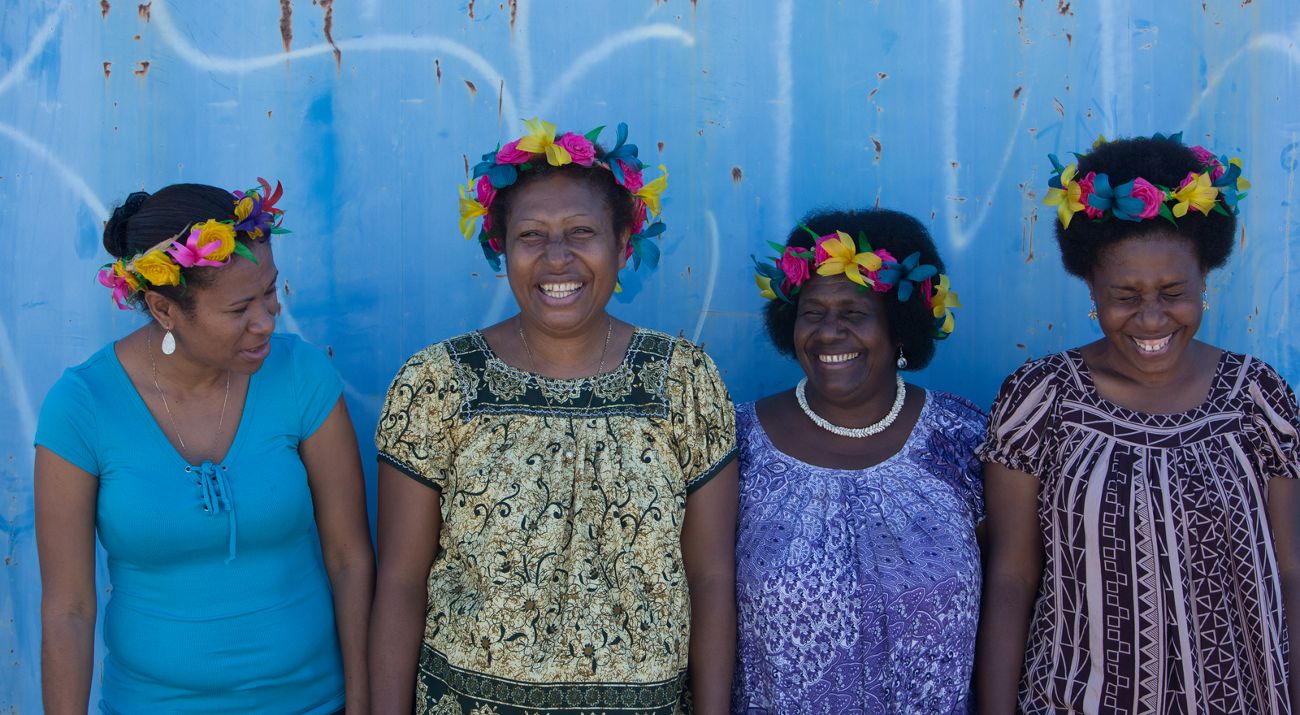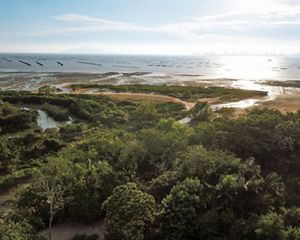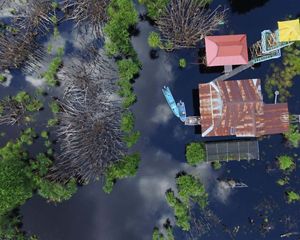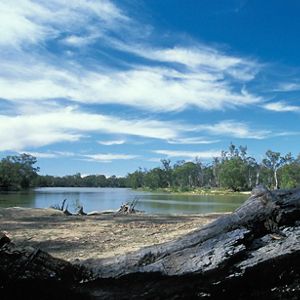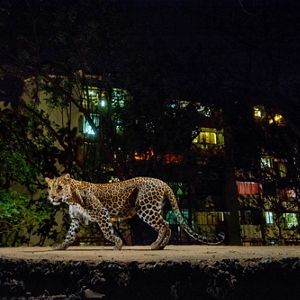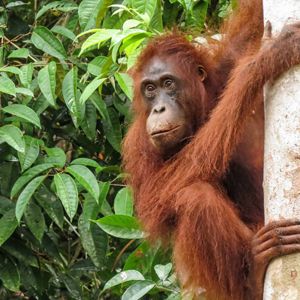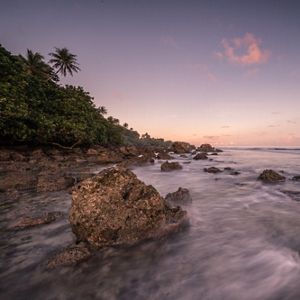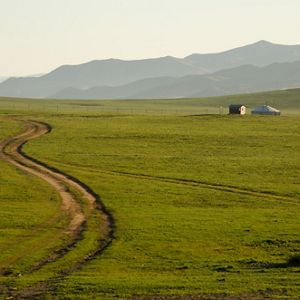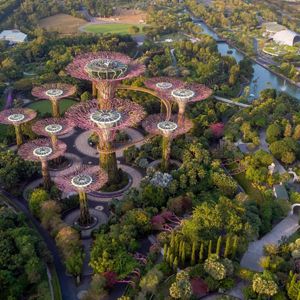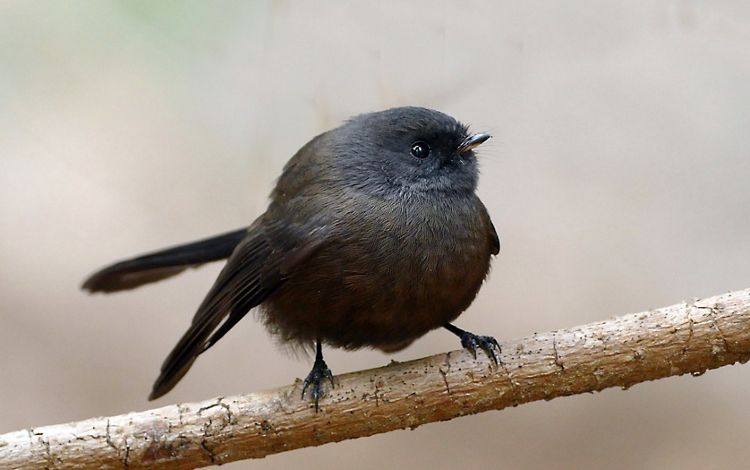Asia Pacific is critical in the global fight against climate change and biodiversity loss. We can't afford to lose its precious ecosystems.
Asia Pacific is home to more than 4.3 billion people (60% of the global population), nurtures some of the oldest cultures on the planet and offers a wealth of diverse landscapes and seascapes—from the heights of the Himalayas to the depths of the Pacific Ocean. However, a warming climate, a growing population and our need for natural resources are threatening nature as never before.
Why Asia Pacific Matters
The region is losing nature at a rate faster than anywhere else, yet its ecosystems are critical to combat climate change and biodiversity loss.
-
4.3B
people live in the region, or roughly 60% of the world's population.
-
42%
of all species in Southeast Asia could be lost by the turn of the century; at least half of these would be global extinctions.
-
$19Tr
or 63% of Asia Pacific's GDP at risk due to nature loss.
-
2-3x
faster than the global average sea level rise for low-lying areas in the Pacific.
-
40%
of the region’s coral reefs and mangroves are lost due to extensive coastal development and unsustainable exploitation of marine resources.
-
2
of the three largest emitters of carbon and other greenhouse gases are based in the region (China and India).
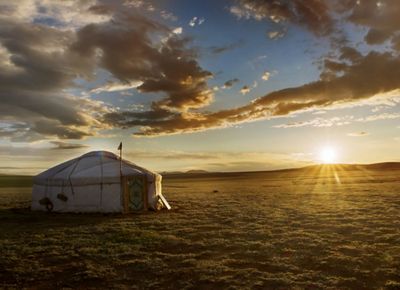
TNC Asia Pacific Impact Report 2023-2024
An annual review showcasing how The Nature Conservancy is addressing climate change and protecting nature for communities across the Asia Pacific region.
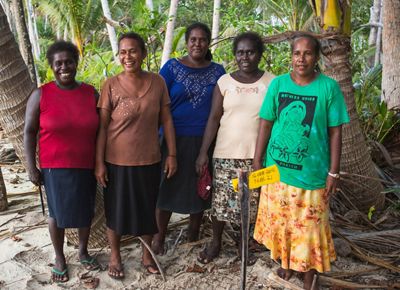
Women and Conservation in Asia Pacific
Scientific evidence shows that increasing women’s ability to participate in managing their land and water benefits nature and people.
Videos From Asia Pacific
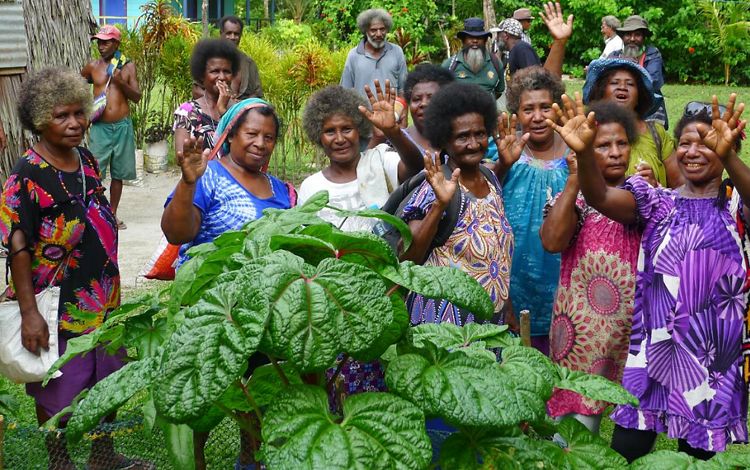
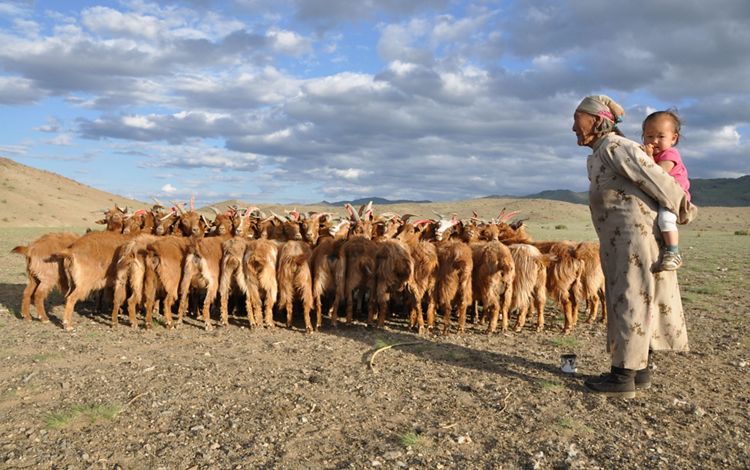
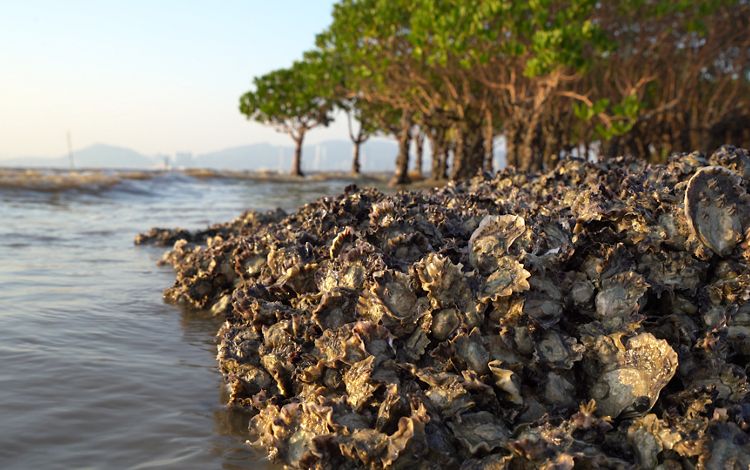
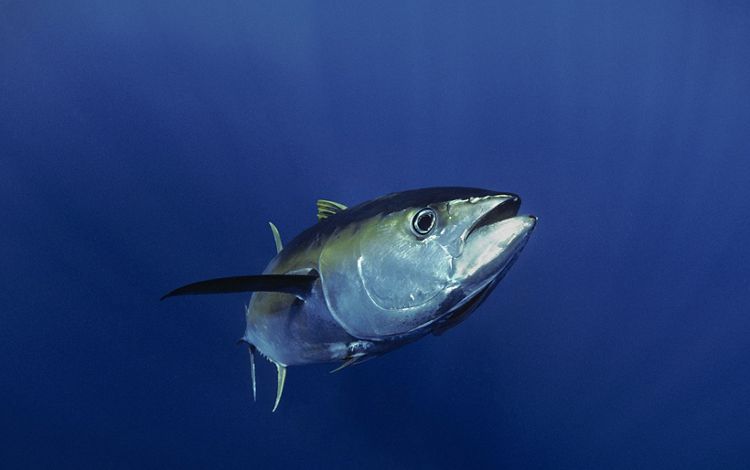
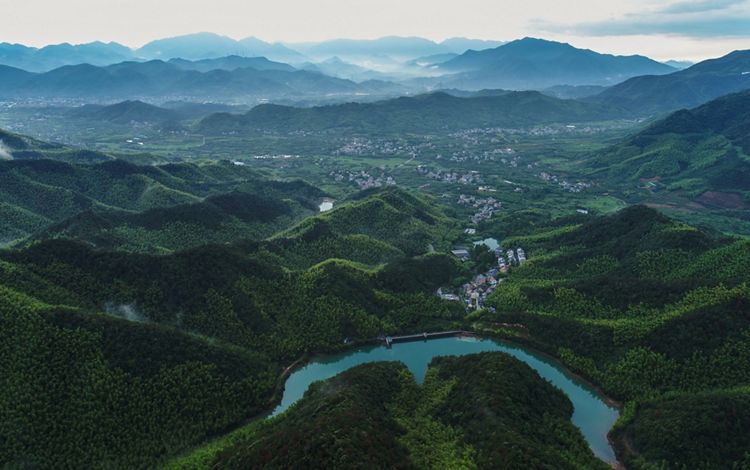
Help Us Build a Sustainable Future in Asia Pacific
Every day, The Nature Conservancy works with governments, communities, companies and individuals to develop innovative, science-based conservation solutions at an unprecedented scale. We can't save nature without you. Support us today!
